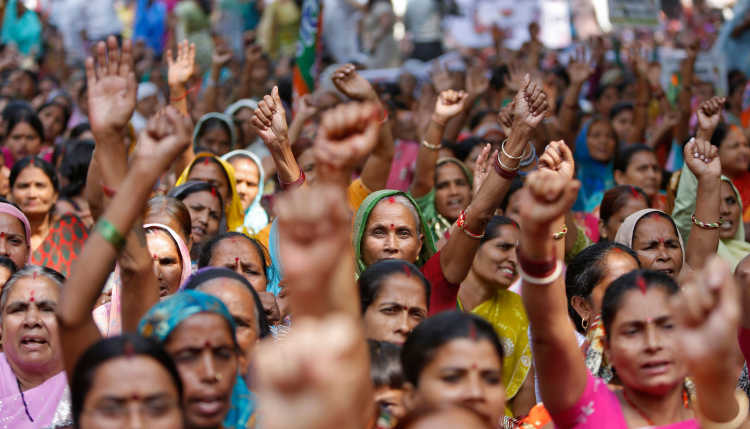- Home
- Publications
- GIGA Working Papers
- A Situational Theory of Pork-Barrel Politics: The Shifting Logic of Discretionary Allocations in India
Chanchal Kumar Sharma
A Situational Theory of Pork-Barrel Politics: The Shifting Logic of Discretionary Allocations in India
GIGA Working Papers | 2017
Series
GIGA Working Papers
Series Number
298
Number of Pages
33
Publisher
German Institute for Global and Area Studies (GIGA)
Location
Hamburg

Abstract
Despite the extensive literature on distributive politics, we still lack a theory of how political and fiscal institutions interact to shape the pork‐barrelling ability of national leaders in a federal parliamentary democracy. Focusing on party system attributes and governmental incentives attached to different types of discretionary grants, this article examines the extent to which a shift in the priorities and interests of the prime minister’s party – effected by the change from a dominant‐party system to a multiparty‐coalition system – is responsible for the change in the dynamics of distributive policies. I use a rich panel dataset on Indian states to propose a situational theory of distributive politics which states that incentives for exclusive targeting of affiliated states in dominant‐party systems drive national ruling parties towards particularism, while the shrinking opportunity to indulge in such a policy in multiparty‐coalition systems creates a universalisation effect. Additionally, the disaggregated analysis of discretionary grants brings to the fore the fact that the shift from particularism to universalism occurs for schematic grants, which provide an opportunity for credit‐claiming. The ad hoc grants, which are like side payments, remain subject to particularism.

